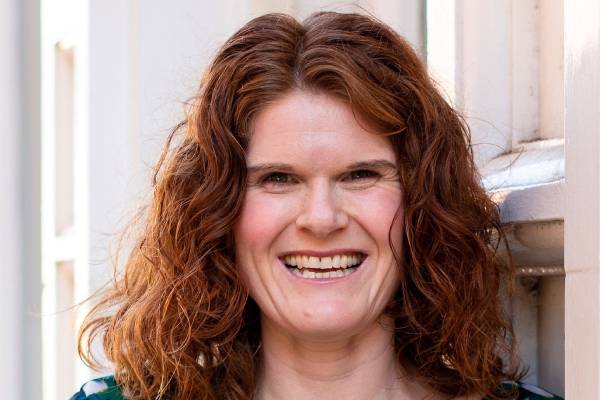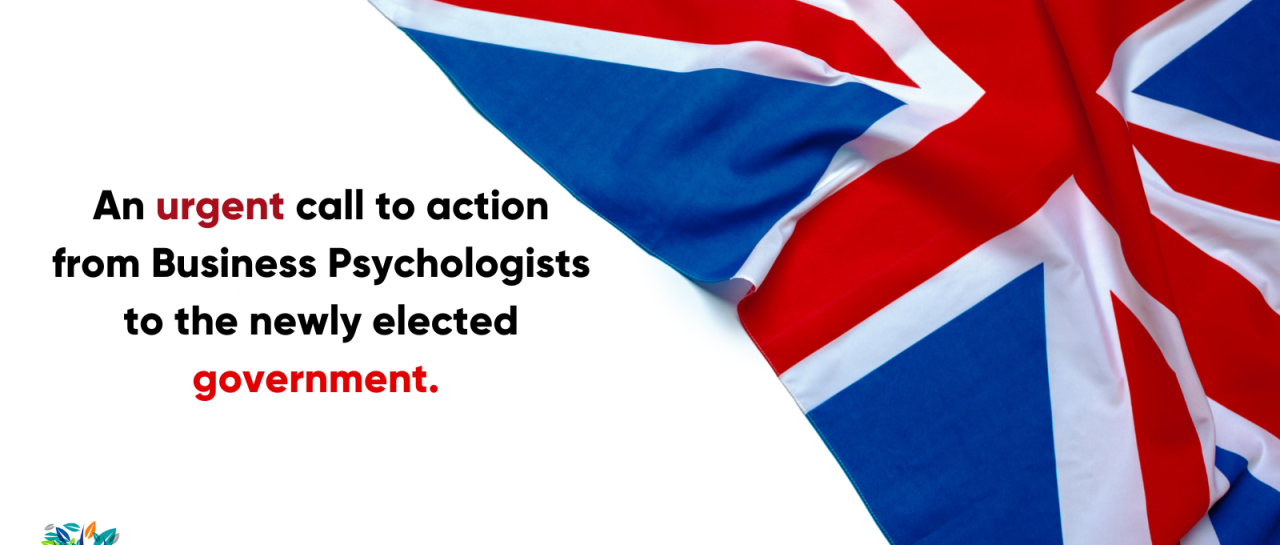Authored by Certified Business Psychologist Laura Howard. Certified Business Psychologist, Laura Howard, reflects on the webinar she recently delivered to ABP members. Below she outlines the main findings of her published research uncovering systematic barriers women face when being authentic as leaders. Importantly, she gives…


How would you describe what you do?
The way I would describe what I do would be as a subject matter expert in people Initiatives, especially those involving organisational development, change, culture, employee engagement, diversity, wellbeing and learning and development. I take an evidenced based approach collecting data, or feedback from senior leaders and the employees of an organisation, then analysing to provide a diagnosis in order to create a recommended action plan to help alleviate the client’s pain points and improve the experience of working within the organisation. Through program implementation, I seek to revolutionise the way people are led, managed and developed, with a focus on the employee’s experience and training, as this ensures that organisational transformation and development initiatives are embedded on a behavioural change level. My ‘why’ is to essentially do meaningful work where I can add value by making organisations a better place to work and a more enjoyable experience for all.
What was your first role as a business psychology practitioner?
This is an interesting one as I haven’t had a “business psychology practitioner” role in the traditional sense. However, what I have had are several roles (Training coordinator, Training Program Manager, Employee Engagement and Internal Comms Project Manager and more recently, People Strategy Project Manager) where I have been able to apply my knowledge of psychological theories and business psychology in whatever workplace I am in.
What has been your greatest role or achievement so far?
My greatest role would be People Strategy Project Manager at Centrepoint, as it has given me the most scope. I am responsible for the implementation of 6 workstreams: Leadership and Culture Change, Communication and Employee Engagement, Manager Capability, Wellbeing and Inclusion, Fair and Transparent Processes and Future Proofing the Organisation. My role has enabled me to sample each of the five core principles of business and occupational psychology.
What has been your biggest challenge as a business psychology practitioner?
I would say the biggest challenge would be changing attitudes within organisations. The world of business is definitely changing, and it’s not other business psychologists that we need to persuade! It’s people who aren’t in the traditional business psychology roles that could benefit from topical research and the amplification of our messages as business psychologists. For this, I believe we need to improve our access to information. The journals and research that are produced can be inaccessible to clients and colleagues that we work with. People like the HR Directors, Diversity and Inclusion Advisors and Wellbeing specialists. I appreciate all of our colleagues in business psychology who have started making tool kits or other accessible media(s) and simplifying their research findings into practical and actionable recommendations.
Which advice has helped you the most?
My mum told me when I was about 12- networking is key so start speaking to people!
If not business psychology, what would you love to do?
Working with young people to upskill and empower them in terms of sense of self and self- efficacy, emotional resistance and decision making. I think it’s necessary to help to provide them with a holistic awareness and understanding of their mental health and wellbeing and how to manage emotional turmoil, anxiety, depression and frustration/ anger management.
How do you spend your spare time?
Tending to my plants- anyone who has been on a video call with me recently will be able to tell you about my ever growing urban jungle! I also enjoy keeping active with regular walks, boxing, yoga and aerial fitness.
Who do you most admire, and why?
Michelle Obama- her elegance, her grace, her humility, that purple outfit on Biden’s inauguration day! Representation matters and she is an incredible role model for young girls and boys and older men and women alike as she is the living embodiment of inspiration, with effortless self-confidence, a strong character and purposeful actions and yet she is still so down to earth and human.
What, for you, does the future of business psychology look like?
In a word: busy! There has never been more of a need for business psychologists. I also think that we will continue to have a large focus on technology: culture change through technology, virtual l and d, virtual leadership, managing hybrid teams, the benefits of being connected, the drawback of being overconnected. I also think that there will be a greater shift towards purpose led organisations and sustainability.
As Conference Chair this year, how are you feeling?
In a word- excited- sharing best practice and thought provoking content is a passion of mine!
Music Choice of the Day: Redemption Song – Bob Marley



